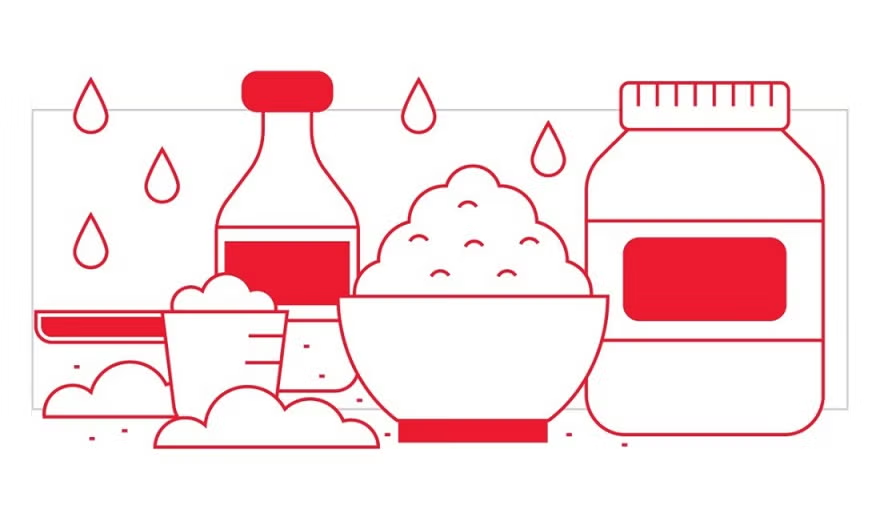
No matter if you’re trying the keto diet for the first time or you’ve been following it for a while, you know it can be a challenge to find healthy ingredients that meet keto criteria without boring your palette.That’s where whey protein comes in. It’s a high-quality protein source that can be used in a variety of recipes and packs a nutritional punch. Below, we’ll walk you through what whey protein is, the difference between whey and whey protein isolate, and (for those new to the diet) a quick overview of ketogenic eating and ketosis. We’ll also answer the oft-asked question: Is whey protein keto? Let’s dig in.
WHAT WE’RE TALKING ABOUT WHEN WE TALK ABOUT WHEY (AND KETO)
Before we determine whether whey protein is keto-friendly, let’s get clear on some key terms.
WHAT IS WHEY?
When manufacturers turn cow’s milk into cheese, they remove the solid curds and leave behind a liquid called whey. The curds are used to make cheese, while the whey is treated and turned into a powder. In general, manufacturers use whey protein to make one of three popular products: whey concentrate, whey isolate, or whey hydrolysate. In all these forms, whey contains large amounts of essential amino acids, which human bodies need to maintain the functions that proteins perform in the body.
WHAT IS WHEY PROTEIN ISOLATE?
After the whey protein is produced, it can be filtered to create a potent product: whey concentrate. This option offers about 80 percent protein. For a higher amount of protein per serving, consider whey protein isolate, which is very common in whey-based supplements. Whey protein isolate is created when whey is processed to reduce its fat and lactose content, leaving behind at least 89.5 percent protein. Think of isolate as isolating the protein found in whey and removing most of the other contents. Thanks to whey protein isolate’s lower lactose content, lactose-intolerant people may find it easier to process whey protein isolate as compared to whey concentrate. That said, whey protein isolate is not suitable for people with milk allergies.
The third product, whey hydrolysate, is produced when the protein undergoes additional processing that breaks the bonds holding the amino acids together. This can make whey protein hydrolysate easier to digest.
WHAT IS KETO?
Keto is shorthand for the ketogenic diet. Its purpose is to encourage the body to draw energy from ketones—a type of fuel the liver produces from stored fat—instead of the glucose (sugar) found in carbohydrates. To that end, the ketogenic diet is high in fat and very low in carbs. Keto meals are approximately:
- 70 to 80 percent fat
- 20 percent protein
- 5 percent carbohydrates
Generally, a person on a keto diet must eat fewer than 20 to 50 grams of carbs per day. It’s also necessary to keep protein consumption in check, as eating too much protein can interfere with ketosis.
Because keto is a low-carb diet, many people lump it in with other low-carb diets such as Atkins and paleo. Keto is different in one key way: While most low-carb diets are high protein, keto is high fat. That’s the differentiator that helps create ketosis.
WHAT IS KETOSIS?
Ketosis is the process by which the body makes ketones, or bodily fuel derived from stored fat. It generally starts after three or four days of eating less than 50 grams of carbs per day. The body then burns ketones for energy. This can speed up metabolism, among other potential benefits. The keto diet is often medically prescribed and has proven especially helpful for people with type 2 diabetes, morbid obesity, and certain neurological conditions.
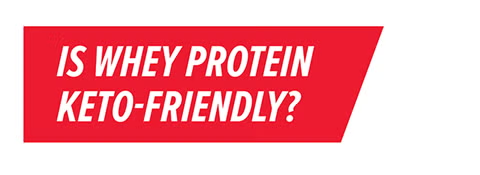
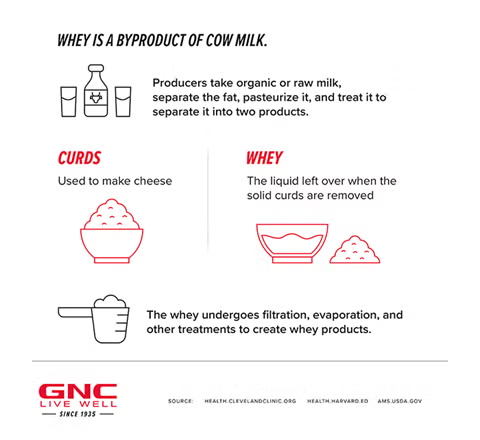
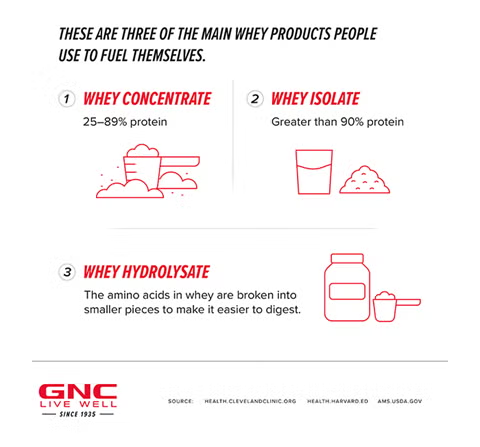
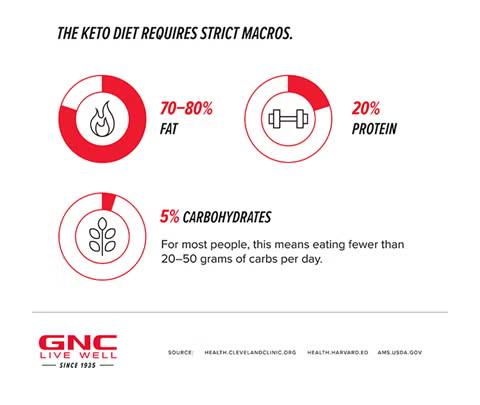
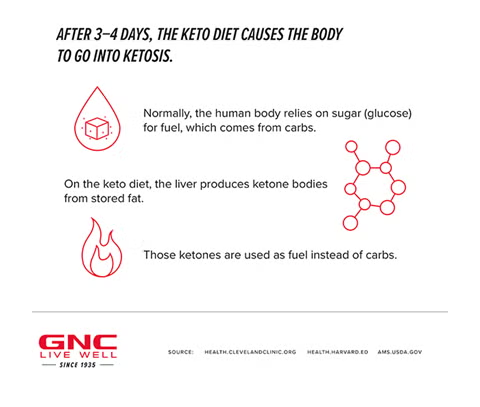
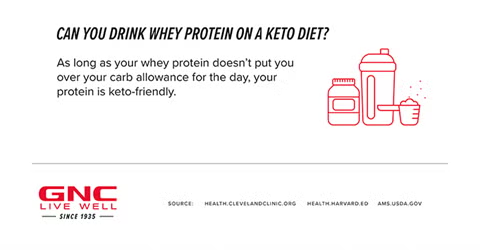
DOES WHEY PROTEIN KICK YOU OUT OF KETOSIS?
On to the million-dollar questions: Is whey protein keto-friendly? Is whey protein isolate keto?
In a word: Yes. You can consume whey protein on a keto diet. While keto is mainly focused on high-fat foods, protein still makes up about 20 percent of the diet.
Whey protein could be especially beneficial sources of protein. Research suggests whey protein can help reduce oxidative stress. It boasts great nutritional value, as it contains all the amino acids that are essential for healthy bodily functioning. It’s also filling, which can cut down on hunger.
Keto is very low in carbs, so it’s important to know: Is whey protein low carb? It can be. Depending on the whey protein you buy, the number of grams of carbohydrates will be low enough for people on the keto diet to stay in ketosis. Whey protein isolate generally has fewer carbs than whey protein, possibly as little as 0 grams per serving. As long as you’re consuming fewer than 20 to 50 grams of carbs per day, whey protein is unlikely to stall ketosis.
These benefits help explain why keto shake recipes with whey protein are all over the web. Tasty recipes include berry to chocolate, vanilla, cinnamon, and more. Check out our best whey protein to source quality ingredients and eat well. Always refer to the product label of any supplement you intend to take to check for any warnings associated with the product before you take it.
CONCLUSION
Good news for folks who are eating keto: You can have whey protein on a keto diet. Whey protein concentrate, isolate, and hydrolysate are high-quality protein sources that are low in carbs. Whey protein provides essential amino acids, is satisfying, and is tasty, especially when mixed into smoothies, shakes, and other recipes. All told, whey protein can be a keto-friendly protein source that pairs well with a high-fat, low-carb diet.







